What does the polish saying "Come out like Zabłocki on soap" mean?


The Polish language is full of many funny sayings that carry simple life truths. Some of them are immediately understandable, for example the words "don't praise the day before the sunset" are immediately associated with a warning against too much carelessness and enjoying something too early. However, there are also phrases that require the recipient to be familiar with a certain context. One of these sayings is "to come out like Zabłocki on soap". What do these words mean and what is the story behind the mysterious Zabłocki? Well, in short, it means to trade an axe for a stick...
Is soap really such a bad business? Considering that it has been accompanying humans since ancient times and is essential for effective body washing and getting rid of bacteria and viruses from hands, it seems unlikely that such a basic and useful product would cause someone significant losses. So what did Zabłocki do to make his name go down in history in this particular proverb?
To go down like Zabłocki on soap...
Often used in reference to a situation that instead of bringing benefit or profit, only caused someone losses and additional troubles, the saying "to come out like Zabłocki on soap" has its origins in distant times and very real events. The reason for the creation of this phraseological connection was a situation that happened to Cyprian Franciszek Zabłocki of the Łada coat of arms, a Polish nobleman and owner of a manor in Rybno near Sochaczew, who lived from 1792 to 1868. This patriot, who fought in the Napoleonic wars and was hostile towards the occupiers, after returning from France to his homeland, inspired by the trends he had the opportunity to observe during his travels in the West, decided to use his savings to establish a soap factory.
This idea was not so bad, Zabłocki accurately observed that the demand for cleaning products was increasing and that the inhabitants of developing European countries were using them more and more. However, the problem turned out to be the execution... The nobleman from Rybno planned to transport the soap by the Vistula River on ships that would reach Gdańsk, from where it would be sold and then sent further to France, England and other distant countries. The obstacle, however, was the fact that along the way, the border of Prussian partition had to be crossed, and the customs officers stationed there imposed high duties on all transported goods.
...or to go against the current...
Zabłocki, as a patriot, but also as a businessman focused on maximizing profits, decided to come up with a solution that would allow him to avoid paying exorbitant sums of money to the occupiers. He finally came up with a method that had a chance of success: he commissioned the production of waterproof crates and placed the soap transport inside them. Then, just before approaching the Prussian customs post, he would throw them into the river. Tightly connected and pulled underwater by a hidden line attached to the barge, they were meant to escape the curious eyes of officials and be pulled back on board upon reaching Gdańsk.
Although the plan was risky, Cyprian Franciszek Zabłocki of the Łada coat of arms achieved success. The ship's crew effectively blinded the Prussians and the cargo was successfully smuggled without being noticed, and then retrieved from the shore of the Baltic Sea. However, as one could predict, the nobleman's joy was short-lived, as it quickly became apparent that the water-resistant crates did not withstand the test they were subjected to. Perhaps due to hitting underwater obstacles, or perhaps due to being submerged for too long, they began to leak. The soap, as is customary when in contact with water, dissolved and was completely washed out of the boxes by the Vistula's current.
...and ultimately sink into debt.
Total loss of cargo, although its circumstances can be considered quite funny, due to the fact that potential profits literally slipped through the fingers of the nobleman from Rybno, was unfortunately a powerful blow for Zabłocki, who had already gained a reputation as a not very intelligent businessman. Not only did he not make any profit from the investment, but the soap factory, which was supposed to supply wealthy clients from Western Europe, turned out to be such an unprofitable venture that it plunged the poor war veteran into debt, which he had to struggle with for the rest of his life, which ended on November 26, 1868.
History did not treat the memory of Cyprian Franciszek Zabłocki too kindly, unfortunately turning the soldier fighting for the country's freedom, who did not want the occupiers to enrich themselves at his expense, into an object of ridicule. However, all these crazy adventures and spectacular failure in the soap industry fortunately brought, as in the case of all good proverbs, a kind of benefit and lesson. It turned out that Zabłocki's son, who inherited Rybno after his unlucky father, drew many conclusions from his father's actions and proved to be an exceptionally efficient manager, who saved the family estate with his actions.
Ryszard Kurek
All rights reserved. No part of the publication (text, graphics, images, photos, files, and other data) presented on the OLE.PL online store may be reproduced or distributed in any form or by any means without prior permission. All trademarks, graphics, brand names, and other data are protected by copyright law and belong to their respective owners.



















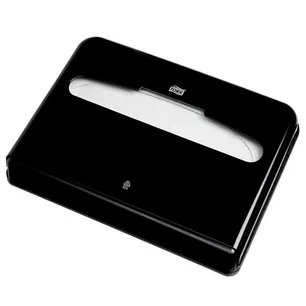

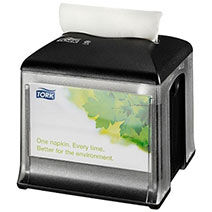





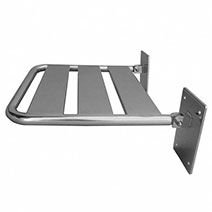



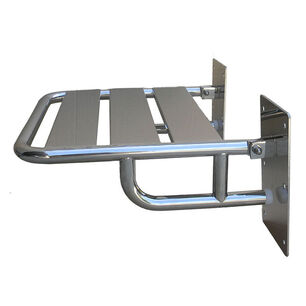








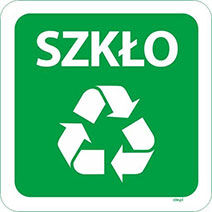










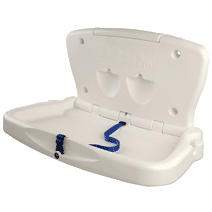


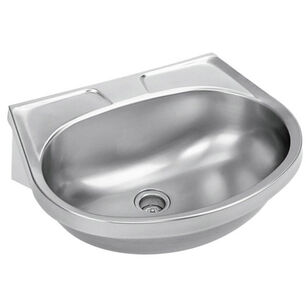













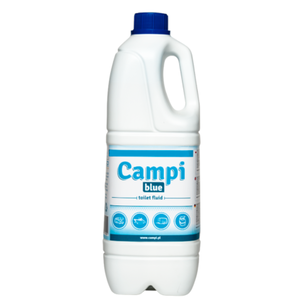
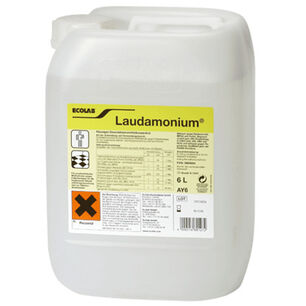





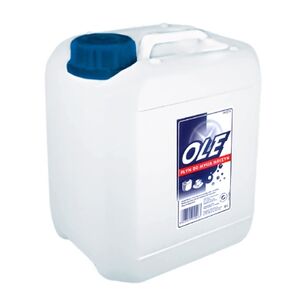

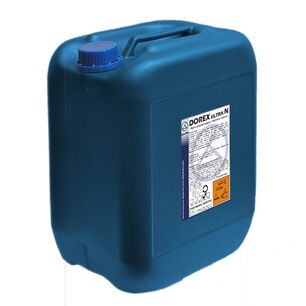
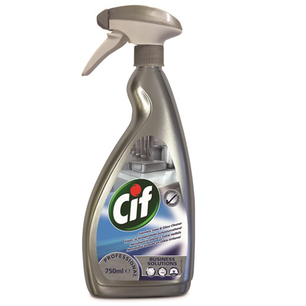



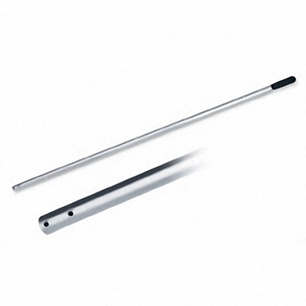





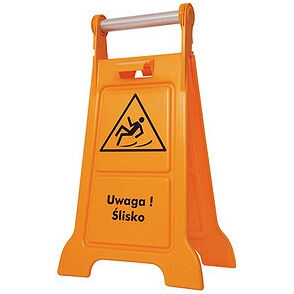

 Polski
Polski
 Czech
Czech
 German
German
 Spanish
Spanish
 Slovak
Slovak